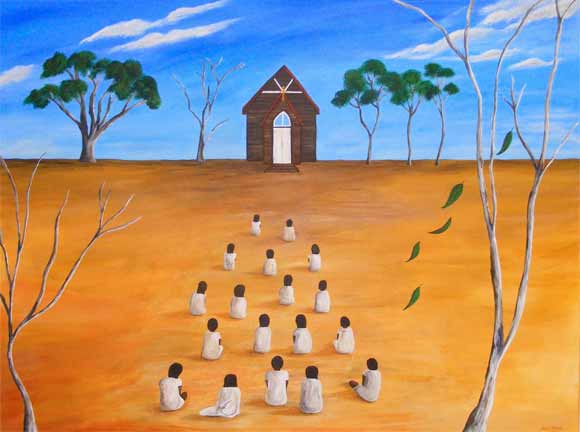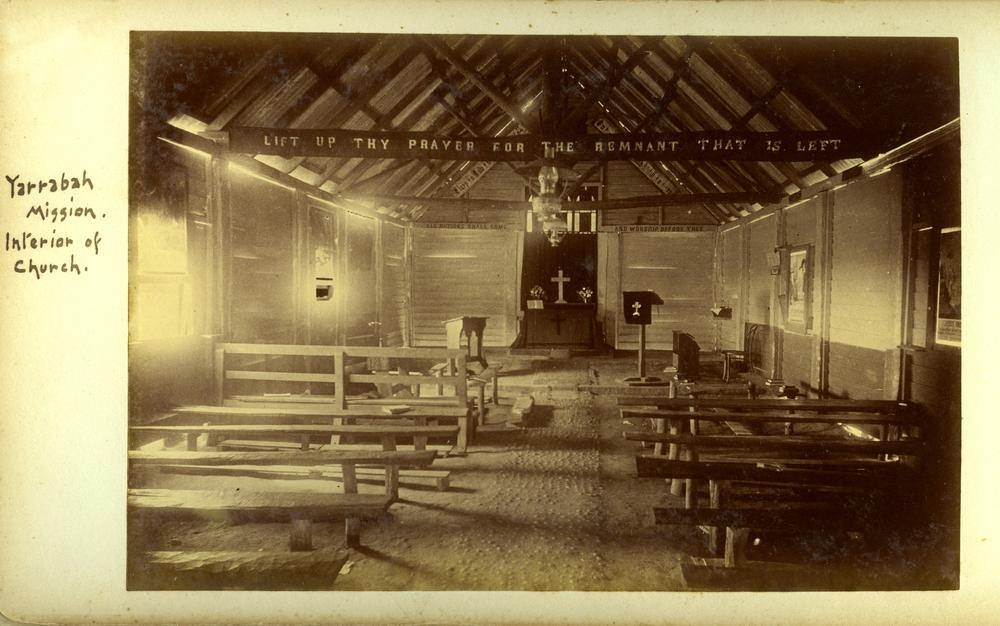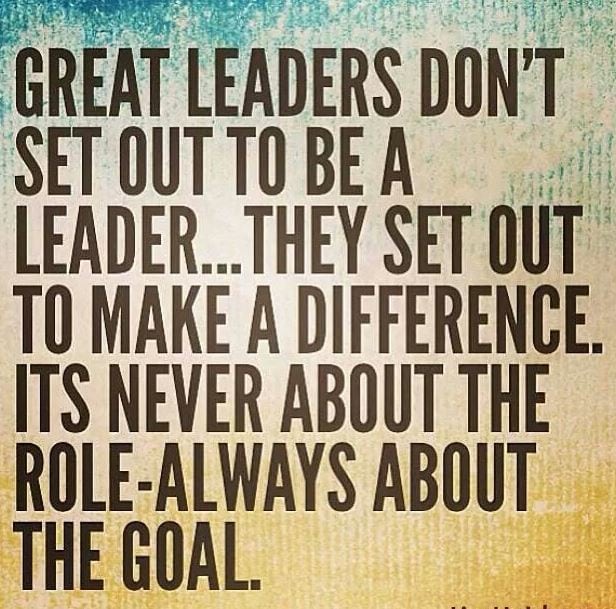
Theology: a continuing journey
April 20, 2016
Old sins cast long shadows.
April 22, 2016Luther: monk, professor and church reformer
My father purchased this picture of Martin Luther in 1971; I think the way Luther is holding his Bible captured my Dad’s attention.
Next year it will have been 500 years since Martin Luther nailed his 95 theses to the door of the Castle Church in Wittenberg. It was an event that changed the world and started the reformation.
Sometime on October 31, 1517, the day before the Feast of All Saints, the 33-year-old Martin Luther posted theses on the door of the Castle Church in Wittenberg. The door functioned as a bulletin board for various announcements related to academic and church affairs. The theses were written in Latin and printed by the printer John Gruenenberg, one of the many entrepreneurs in the new print medium first used in Germany about 1450.
Luther was essentially challenging the theology status quo of the established Church.
What is theology? Is it a set of absolutes, or systematic dogmatics? Or is it something that is responsive the the situations and cultures its is in? is it a mixture of these things or none of them? Defining theology is actually an interesting and vexed question that I have written on elsewhere.
I think the 95 theses were as much speaking to the Church. Whose place is it to offer the Church ideas? As a member of the God’s Church who spends time thinking about what the Church might be or look like 10, 20, 50 years from now, I wonder what we should be doing now for the future. In good faith I have commenced a list that I consider addresses where the church is today and what challenges it might face in the future.
The following are my 43 theses: or ideas for reforming the Church (in no particular order or priority):
- The Church needs to stand in front of a mirror on a regular basis. We need to start being honest about who we are, what we look like, our failures, our sins, and our habits.
- The Church needs to stand for environmental sustainability. Surely, this is what it means to be good stewards.
- The Church should stop morphing those big biblical/spiritual promises found in the stories of scripture into blanketed God-promises for all mankind.
- The Church should be known by who it unites, who it brings together, who it loves… (Of course, ironically, the Church has always been known by who it unites, who it brings together, who it loves…)
- The Church should stop being handled, managed, and its future strategized like a brand. We aren’t The Church™. We’re the Church. Which means we must stop managing the Church, selling the Church, and using the Church like it’s a brand with franchises and stock options.
- The Church should stop promoting God and Jesus like brands, too. If we believe that God’s name is holy, why on earth would we use it in vain like we own the copyright on it?
- The Church should acknowledge its history as part of colonialism. It needs to deal with its history of abuse and manipulation of First Nations peoples.
- The Church should be known more for celebrating and experiencing the mysteries of God as opposed to learning and reciting humanity’s definitions of God.
- The Church should stop being a large deep financial pit known more for its buildings, technology, and sound and light shows rather than who it helps, locally and around the world.
- The Church should stop building churches and ministries that are defined and held together by personalities and/or celebrities.
- The Church should stop fighting a war against religion and embrace the fact that we are a part of religion, that not all religion is bad, and that sometimes religion (in its myriad of forms) can actually be spiritually helpful for some believers.
- The Church should stop creating enemies out of people with whom it disagrees.
- The Church should be known for creating/engaging space, time, and practice for helping people connect to the God of the Universe.
- The Church must start owning its past, not simply the good parts of our history but also the tragic, violent, and controlling parts. By owning our Christian and not-so Christian history, we can learn valuable lessons and ideas for how to move forward in peace, with hope and grace.
- The Church should be defined by the teachings of Christ more so than the theologies of Paul, the Apostle.
- The Church should be an institution/environment where gender equality is not only embraced, it is celebrated and passionately promoted.
- The Church should pursue all things with a spirit of humility.
- The Church should embrace a path that engages and celebrates community but never at the expense of silencing or ignoring the needs, ideas, and stories of an individual.
- The Church should pursue being an environment where questions and doubt are as central to the journey of faith as answers and belief.
- The Church should go to great lengths to ensure that its systems/environments do not favour one person’s story over another, the rich over the poor, the influential over the lay person, the man over the woman, the saint over the sinner.
- The Church should always be an advocate for the “least of these,” never harbouring those whose actions are harmful or abusive and never silencing the outcries and concerns of victims or those speaking on behalf of victims.
- The Church should evaluate and/or rethink its role among its community, seeking to serve the greater good of all people regardless of their creed, origins, or orientation.
- The Church should work alongside the mental health community in pursuit of providing an environment of faith and spiritual healing that does not contradict or work against the advice/direction of an individual’s doctor/health care provider.
- The Church should be led by individuals who embrace their need for accountability, direction, and grace.
- The Church should be a passionate advocate for life—all life—always seeking to use its platform/influence/resources to bring awareness, aid, education, healing, and sustainability to those whose livelihoods are endangered.
- The Church should be a safe, welcoming, and affirming environment for all members of the LGBTIQ communities. Our passions should also include being chief advocates of their stories, never excluding, preventing, or discouraging any LGBTIQ persons from connecting with God and spiritual community.
- The Church should seek to bring glory to God through worship, confession, prayer, and pursuit of the common good.
- The Church should seek out ways to bring unity among communities of faith, both Christian and non-Christian alike, helping the culture at large to discover and embrace paths toward peace, tolerance, and goodwill.
- The Church should seek out ways to engage God’s resurrection story here on Earth.
- The Church should use/borrow popular culture sparingly, with wisdom.
- The Church should stop perverting the “good news” with individualism, prosperity messaging, and grandiose promises of transformation.
- The Church should stop using its overwhelming support of Israel as reasons/excuses to stereotype, fear, and hate followers of Islam.
- The Church should inspire faith, not fear, arouse belief, not doctrine, awaken people’s curiosity about God, not manipulate God to fit people’s questions.
- The Church should be known for creating, not mimicking. We should inspire humanity’s urges to imagine, dream, and invent. We should be known for new ideas, new art, and new creations as opposed to critiquing culture, copying culture, and protecting our culture.
- The Church should always be seeking out opportunities to further reconciliation among races, never becoming comfortable with mediocre forms of racial equality.
- The Church needs to unpack the theology around colonial empire expansion and race.
- The Church needs to repent of its role as a part of the colonial enterprise.
- The church needs to take action that acknowledges its role in the removal and institutionalization of Aboriginal children from their families and communities.
- The Church should be Good News. Not old news. Not bad news. Not fake news. Not fear-filled news. But Good News.
- The Church should be about confession, about forgiveness, and about resisting the temptations to use confession and forgiveness as reasons for keeping secrets and not calling out the evil deeds of powerful and rich people.
- The Church should embrace these words of Jesus: That they [the Church] all may be one; as thou, Father, art in me, and I in thee, that they also may be one in us: that the world may believe that thou hast sent me.
- The Church should deal with the difficult questions raised by its wealth being generated by land/lands that were stolen from First Nations peoples.
- The Church needs to recognise that neo-liberal orthodoxy is at odds with the teachings of the Sermon on the Mount.
This list is hardly exhaustive. And hardly perfect. Just a list of things I think about when I think about the future of the Church.
What do you think about when you think about the future of the Church?




